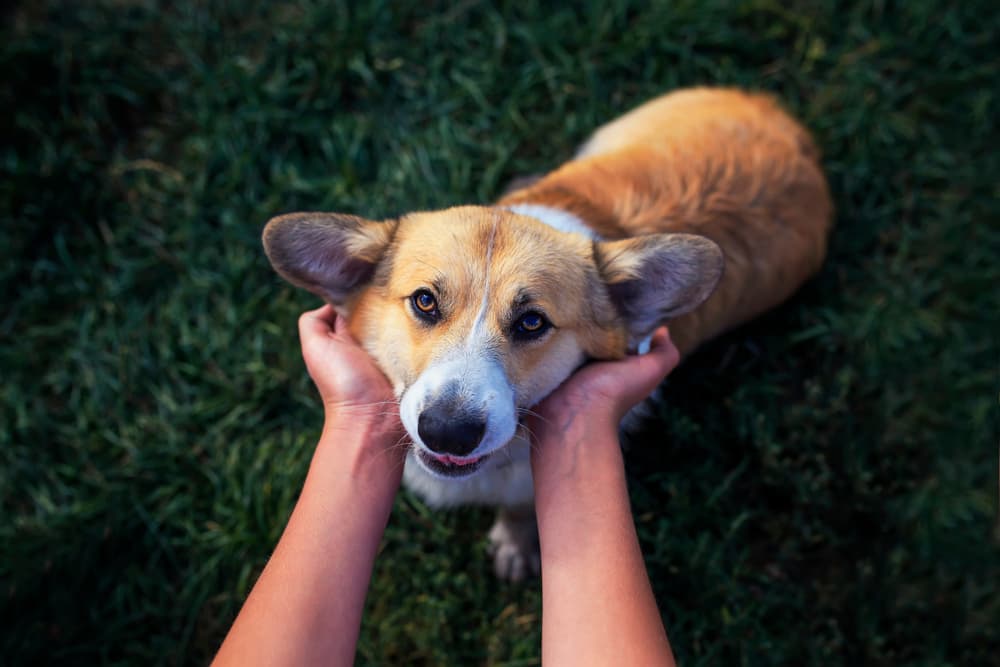Annual Examination and Leptospirosis Vaccine Recommendations
Published on July 16, 2011
- Regular examinations are essential to maintaining canine health.
- A thorough physical examination checks every major body system.
- A vaccine against leptospirosis is recommended for dogs at risk for exposure to the disease.
Why Are Annual Examinations Important?
Regular physical examinations are essential to maintaining your dog’s health. A thorough examination checks every major body organ and system:
- Eyes – The eyes will be checked for redness, cloudiness, or discharge that could indicate a problem.
- Ears – Many pets develop ear infections. Your veterinarian will examine the ear canals for possible signs of an ear problem: debris, growths, waxy buildup, or trauma caused by scratching.
- Mouth – Your veterinarian will visually examine your pet’s mouth to look for signs of dental disease and for broken or missing teeth. If any problems are detected, your veterinarian may recommend a thorough dental examination and cleaning for your pet.
- Respiratory system – Your veterinarian will listen to your pet’s heart and lungs.
- Digestive system – Your veterinarian will palpate (feel) your pet’s abdomen for signs of discomfort and to check that all the major organs are the right size and shape.
- Musculoskeletal system – Your veterinarian will palpate all of your pet’s major muscles and bones to check for signs of weakness or pain.
- Skin and haircoat – Your veterinarian will check all of your pet’s “lumps and bumps.” If anything suspicious is found, a biopsy or lump removal may be recommended.
- Laboratory tests – During a routine examination, your veterinarian may also want to check your pet’s blood, urine, and feces to obtain additional information about your pet’s health or to help ensure that specific body systems are functioning properly.
During your pet’s examination, your veterinarian will also ask you questions about your pet’s behavior, lifestyle, and health history since your last visit. The answers to these questions will help your veterinarian determine what preventive care recommendations he or she should make to help keep your pet healthy. Based on your pet’s age, lifestyle, and disease risk, your veterinarian will recommend vaccinations for your pet. If your pet has an outdoor lifestyle, your veterinarian may recommend vaccinating against leptospirosis.
What Is Leptospirosis?
Leptospirosis is a potentially serious disease caused by the bacterium Leptospira interrogans. It affects dogs but can also infect a wide variety of domestic and wild animals as well as humans. The organism is spread through infected urine. Carriers of the organism include raccoons, opossums, rodents, skunks, and dogs. The bacteria can survive for long periods of time in water and is frequently found in swamps, streams, lakes, and standing water. It also survives well in mud and moist soils, and localized outbreaks can occur after periods of flooding. The disease is transmitted to dogs when they have contact with urine or contaminated water or soil.
In many dogs, infection may remain subclinical (without clinical signs) or chronic. In acute, or more serious, cases, dogs may develop potentially fatal kidney or liver disease.
Leptospirosis can be diagnosed through blood tests; however, tests may need to be performed multiple times to confirm a diagnosis.
Prevention of Leptospirosis
Exposure to leptospirosis can be reduced by discouraging your dog from drinking from puddles of standing water and by preventing your dog from swimming in lakes, streams, or other bodies of water that may be contaminated. Unfortunately, for dogs that are accustomed to an active outdoor lifestyle that includes swimming, these precautions may not be practical.
Prevention of leptospirosis is complicated by the fact that Leptospira interrogans has more than 200 different serovars (subtypes) that can cause illness in animals and people. The available vaccines only protect against a handful of the most common subtypes that infect dogs, which can limit their protective value. Nevertheless, the available vaccines are effective and safe when used as directed, and many veterinarians recommend the vaccination for dogs at risk for exposure. Annual revaccination is required.
The leptospirosis vaccine is not required for all dogs. Your veterinarian may recommend this vaccine based on your dog’s lifestyle and likely exposure risk. Vaccination, no matter how routine, is a medical procedure. Always monitor your pet for signs of a vaccine reaction and follow your veterinarian’s instructions on what to do if one occurs.
Humans can also become infected with leptospirosis, so handle any dog suspected of having the disease with care. Adhere to good hygiene techniques, such as frequent handwashing and avoiding contact with potentially contaminated urine.
The article has been reviewed by a Veterinarian.


